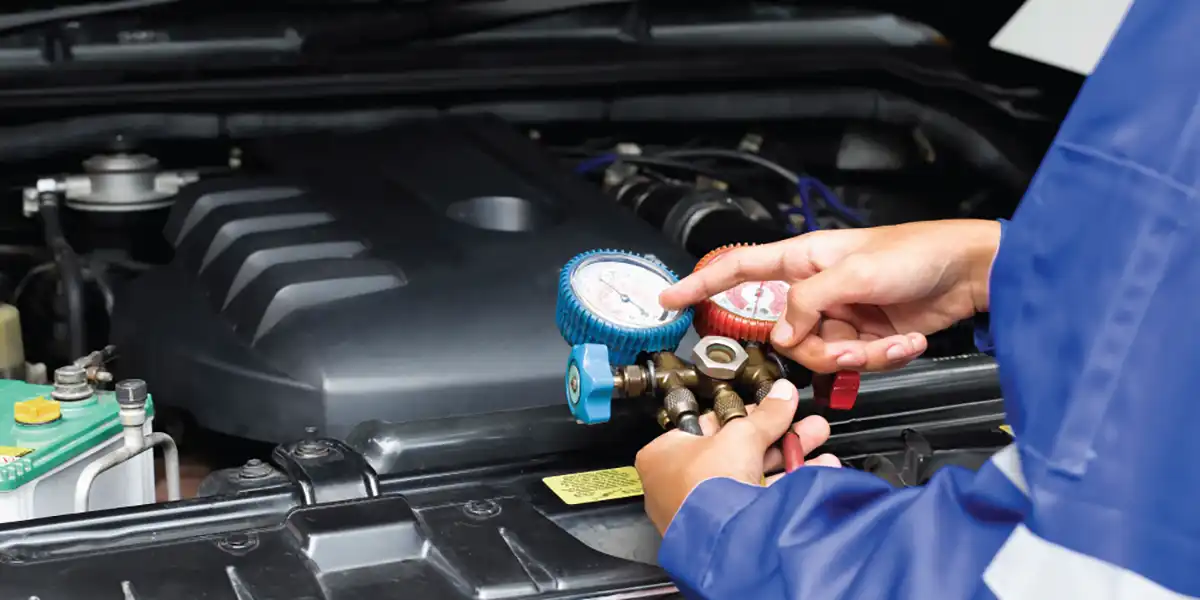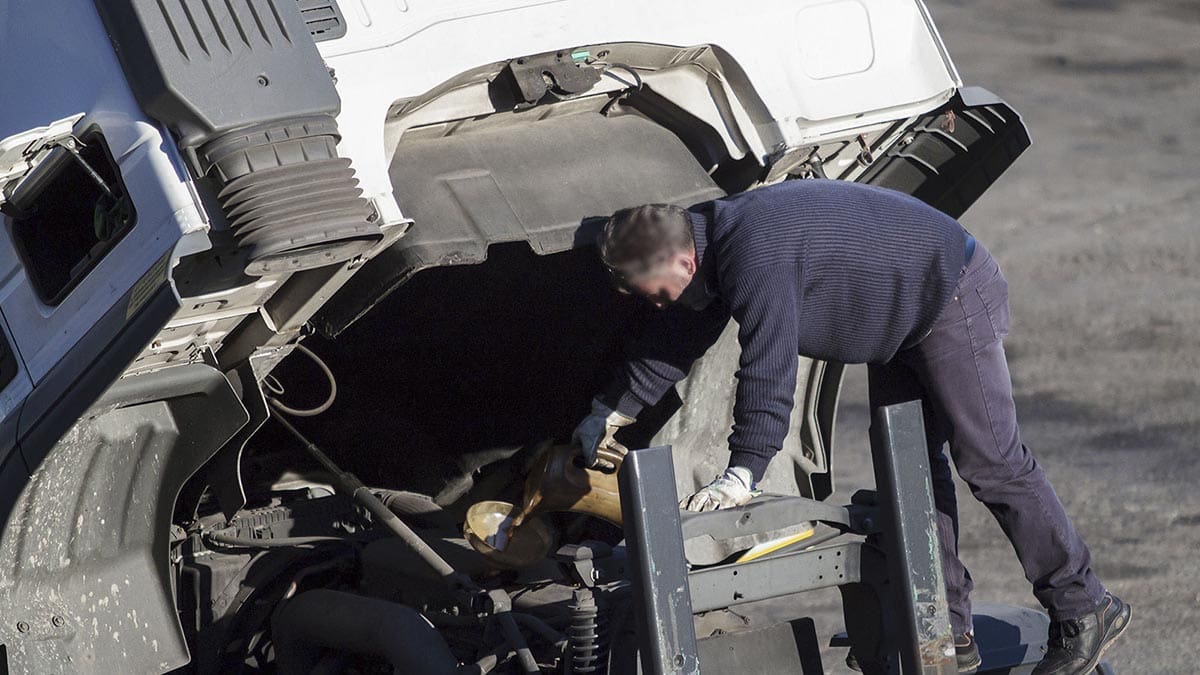
Regular maintenance of your vehicle air conditioning (AC) system will improve performance and ensure you stay cool on those sweltering hot summer days.
Your vehicle AC unit is a sealed system and depending on your vehicle it doesn’t require a lot of maintenance. However, refrigerant gas can leak from the system resulting in the air-con not blowing as cold.
Here’s What You Need To Know About Car Air Con Regassing:
- Will regassing make it cool?
Maybe for a short period. Your vehicle AC system is sealed. If your air conditioner system loses refrigerant gas, this is an indication that there is a fault with the system. A thorough inspection of components are required to ensure they are free from corrosion and leaks before fresh gas and lubricant are injected back into the AC system.
- Is vehicle air con gas environmentally friendly?
There are several gasses used today around the world. R-134a, the refrigerant gas used in most vehicles in Australia, is a greenhouse gas that contributes to global warming. That’s why it’s essential to have a licensed technician perform a thorough inspection on your AC system rather than just regassing and harming the environment and your back pocket.
Due to the risks, there is legislation in place to ensure all AC technicians have a Refrigerant Handling License from ARCTick. This ensures they are fully trained in the requirements and risks associated with handling the refrigerant.
- Can AC refrigerant gasses be mixed?
There are a few types of refrigerants used vehicles. It depends on the age of the vehicle and service history. Mixing refrigerants can cause some serious damage to AC system components and even cause a dangerous chemical reaction. The safest option is to fully evacuate the system and replace with new refrigerant suitable for the AC system.
Stay clear of M30 refrigerant, a hydrocarbon-based gas. It is cheaper than R134a refrigerant, but these hydrocarbon-based refrigerants are potentially lethal. M30 is highly flammable making it very dangerous to yourself, passengers or a technician working on it.
- What should a technician look at when regassing?
An AC system that is leaking or requires regassing is a good indicator your unit is well overdue for a service. In some cases it’s normal not to detect a leak prior to re-gassing which is why a regular services is essential.
During an AC service in your car, the following should be inspected:
- Drive belts and pulleys.
- Operation of valves and thermostats.
- Hoses and components.
- Leak test system lines and components with an electric leak detector.
- System evacuated and refrigerant recovered.
- New refrigerant oil added.
- Condenser temperature checked.
- Suction line temperature reading.
- Check air vent temperature.
- Check receiver drier and filter
- How does leaking gas affect my AC system?
A leaking system will have a direct impact on the environment and contaminants can leak into the AC system. Things like dirt, dust, leaves and mould can build up inside your AC system. These can clog up the filters, evaporator and other vital components in your AC. Even water can cause some serious damage such as corrosion and deterioration of internal parts.
- How often should I service my AC?
Depending on environment and vehicle your AC system should be serviced every 1-2 years. Some cars can go 5+ years without needing to be re-gassed, but even the most efficient AC systems will lose around 10% of their gas annually.
- Does the AC system affect my vehicles performance?
Keeping your vehicle air conditioner in good working condition will reduce the load on the engine and improve fuel economy. It also means you will exert less wear and tear on AC components.
- Can the AC system affect driver performance?
Musty odours, build-up of bacteria and even mould can flourish in your AC systems. This can lead to headaches, allergies and even increase rate of fatigue and clarity.
9. Do dirty filters affect performance?
An air conditioner filter can come in the form of aluminium mesh, foam, woven polypropylene, non-woven polyester or non-woven polyester with activated carbon. Filters are available in a variety of types and efficiencies.
- Energy and fuel saving by 5% – 15%
- Better cooling and performance
- Cleaner air improving protection from allergens, contaminants and breathing problems
- Protects and extends the life of your evaporator coils and other parts
It is recommended to clean or replace your air conditioning system’s filter on a regular basis. Filters may need more frequent attention if the air conditioner is in constant use or subjected to dusty conditions.
Lyons is one of the largest suppliers and installers of OEM and custom air-conditioning, filtration and pressurisers in WA. Our team of specialised air-conditioning and filtration experts are inducted, approved, and preferred on most major sites. Call us now on (08) 9259 7777 or email enquiries@lyons.com.au and speak to one of our experts today.














